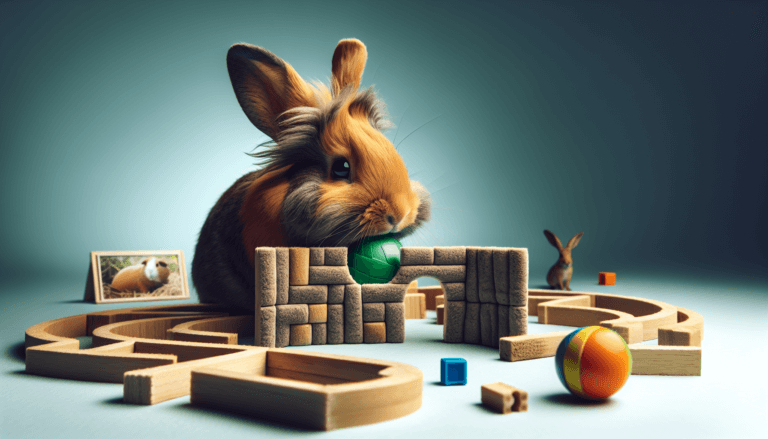Imagine having a delightful, furry friend to keep you company at home. Now imagine that adorable creature being a rabbit or a guinea pig. But wait, is it okay to keep just one of these social animals as a pet? In this article, we’ll explore the intricacies of caring for these sociable critters and discuss whether it’s truly fine to have them as solo companions. So, let’s hop right in and discover the best ways to ensure a happy and fulfilling life for your beloved rabbit or guinea pig!
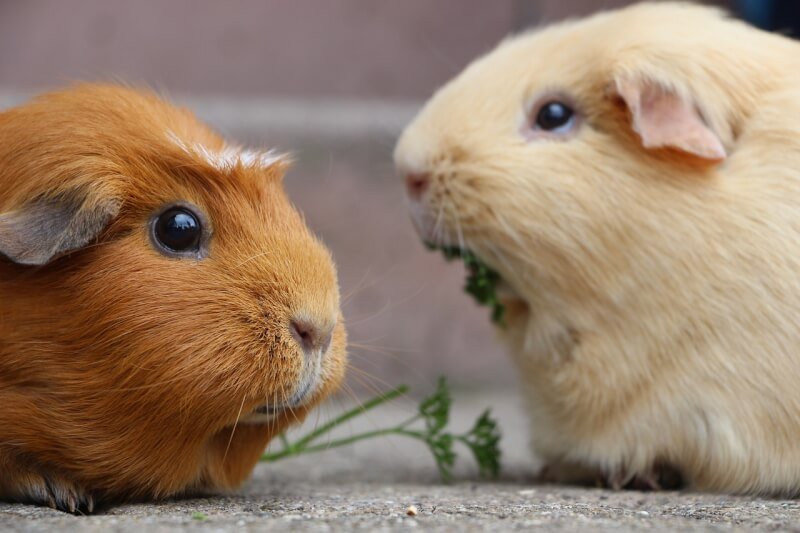
The Nature of Social Animals
Social animals are creatures that thrive on social interaction and express a range of behaviors geared towards forming relationships with others of their species. Understanding the nature of social animals can help us provide them with the appropriate care and opportunities for socialization.
Ready for Cat Trivia?
Test your knowledge about cats!

Understanding Social Animals
Socialization is a fundamental aspect of the lives of social animals. It allows them to engage in activities such as grooming, playing, and communication, all of which contribute to their overall well-being. Social animals establish hierarchies, develop empathy, and form strong bonds with their companions, which are essential for their emotional and mental health.
Importance of Social Interaction
Social interaction plays a vital role in the social development of animals. It helps them learn appropriate behaviors, reduces stress, and promotes mental and physical stimulation. The absence of social interaction can lead to loneliness, boredom, and behavioral issues in social animals. As responsible pet owners, it is crucial to consider the social needs of our furry friends and provide them with suitable companionship.
Social Behaviors in Rabbits and Guinea Pigs
Rabbits and guinea pigs are social animals that exhibit unique social behaviors. Understanding these behaviors can aid in providing appropriate social environments for them.
Social Behavior of Rabbits
Rabbits are highly social creatures that thrive in the company of their own kind. In the wild, rabbits form strong social bonds, live in groups, and groom each other. They communicate through body language, scent marking, and vocalizations. Rabbits enjoy playing, exploring, and interacting with their companions, making them ideal for group living.
Social Behavior of Guinea Pigs
Guinea pigs are also social animals that thrive on companionship. They are known for their gentle and sociable nature. In their natural habitat, guinea pigs live in herds and engage in activities such as grooming, playing, and vocalizations to communicate with their companions. Guinea pigs rely on social interaction for their emotional well-being and should not be kept alone.
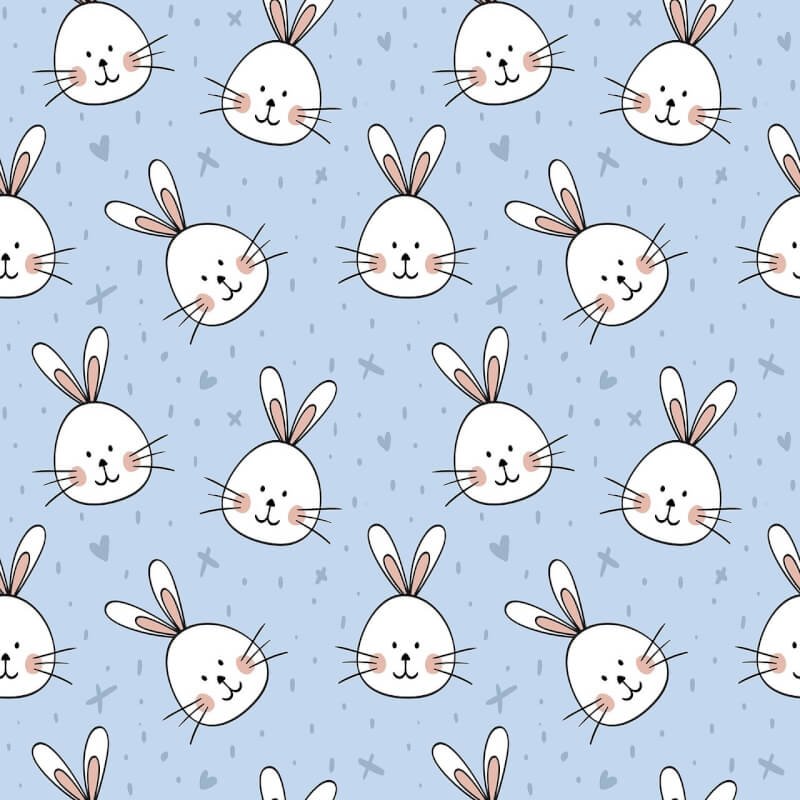
Pros of Keeping a Single Social Animal
While it is generally recommended to keep social animals in pairs or groups, there are situations in which maintaining a single social animal may be suitable.
Situations where a Single Social Animal Might be Suitable
In cases where space constraints or allergies prevent the owner from housing multiple animals, keeping a single social animal can be considered. Additionally, if an animal has had limited exposure to its own species from a young age, it may struggle to adapt to living with others. In such cases, providing ample human companionship can help address their social needs.
Bonding with Human Companions
Single social animals can form strong bonds with their human companions. With time, attention, and proper socialization, they can thrive in a human-centered environment. Being the sole focus of attention, these animals can develop trust, loyalty, and a close bond with their owners. This can lead to a rewarding and fulfilling relationship for both the pet and the owner.
Cons of Keeping a Single Social Animal
While there are situations in which a single social animal may be suitable, there are inherent drawbacks to consider.
Risk of Loneliness and Boredom
Social animals thrive on companionship, and without the presence of their own kind, they can experience loneliness and boredom. Lack of social interaction can result in increased stress levels and may lead to the development of behavioral issues. It is essential to provide adequate mental stimulation and social enrichment to alleviate these risks.
Negative Impact on Mental Health
Without proper socialization, single social animals may struggle with their mental health. They may exhibit signs of depression, anxiety, and frustration due to the absence of social companionship. Monitoring their behavior and implementing strategies to address their social needs is crucial for their overall well-being.
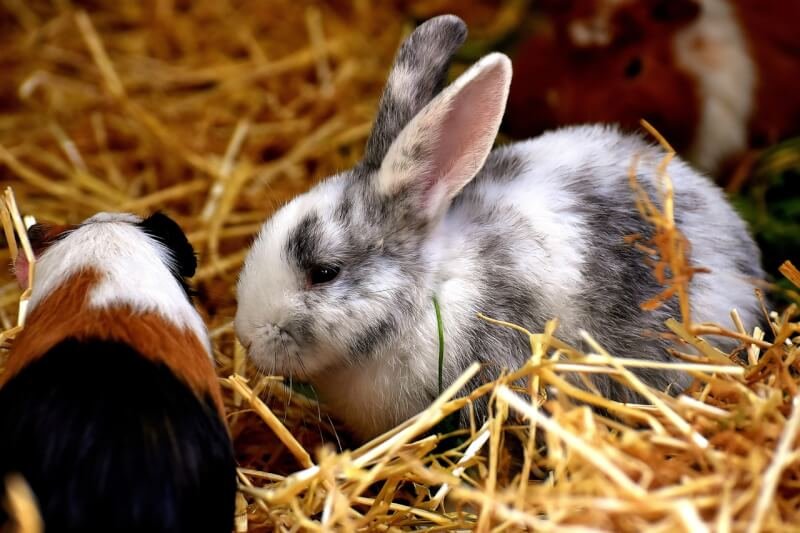
Alternatives for Loneliness
If keeping a single social animal is the only option, there are alternative ways to mitigate the negative effects of loneliness.
Providing Human Companionship
As social animals, rabbits and guinea pigs can form deep bonds with their human companions. Consistent interaction, attention, and quality time spent with them can help fulfill their social needs to some extent. Engaging in activities such as play and grooming can provide mental stimulation and enhance the human-animal bond.
Interactive Toys and Enrichment Activities
Enrichment activities and interactive toys can serve as a valuable source of mental stimulation for single social animals. Providing puzzles, tunnels, and toys that mimic natural behaviors can keep them mentally engaged and prevent boredom. Regularly rotating toys and introducing new ones can add novelty to their environment, promoting mental well-being.
Mixed Species Pairing
In some cases, mixing different species of social animals can be a solution to provide companionship.
Compatibility between Rabbits and Guinea Pigs
Rabbits and guinea pigs have different socialization needs and communication methods. While they can sometimes coexist harmoniously, it is essential to evaluate compatibility before attempting to pair them. Rabbits may exhibit dominant behavior towards guinea pigs, potentially causing stress or aggression. Introducing them gradually, under careful supervision, and providing separate retreat spaces is key to successful mixed species pairing.
Considerations for Mixed Species Pairing
It is crucial to consider the size disparity between rabbits and guinea pigs when attempting mixed species pairing. Guinea pigs are smaller and more vulnerable than rabbits, so ensuring that the larger rabbit does not pose a threat is paramount. Providing ample space, separate feeding areas, and monitoring their interactions closely can minimize potential conflicts and ensure the well-being of both animals.
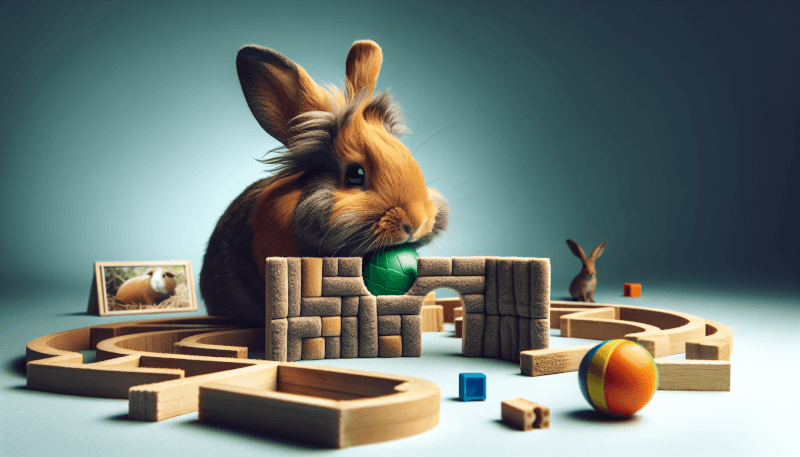
The Role of Space and Enrichment
The living space and enrichment opportunities provided are crucial factors in meeting the social needs of social animals.
Adequate Living Space Requirements
Social animals require sufficient living space to engage in natural behaviors and promote social interactions. Providing appropriate enclosures that offer enough room for exercise, exploration, and retreat areas is essential. Inadequate space can lead to stress, territorial conflicts, and decreased opportunities for socialization.
Enrichment Activities to Fulfill Social Needs
Enrichment activities play a vital role in meeting the social needs of social animals. Hideouts, tunnels, toys, and interactive feeders can encourage exploration, mental stimulation, and provide opportunities for social interaction. Regularly changing and rotating enrichment items can prevent habituation and keep the environment stimulating.
Special Considerations for Solo Social Animals
As a pet owner of a solo social animal, it is important to provide additional attention and interaction to fulfill their social needs.
Increased Attention and Interaction
Being the sole source of companionship, dedicating quality time and attention to your solo social animal is crucial. Engage in interactive play, provide gentle handling, and incorporate grooming sessions to mimic social behaviors. Consistent human interaction can help alleviate feelings of loneliness and provide emotional support.
Ensuring Mental Stimulation
Solo social animals thrive on mental stimulation, and providing a variety of enrichment activities is essential. Rotate toys, introduce new objects, and incorporate training sessions to keep their minds engaged. Implementing a routine that includes playtime, mental challenges, and social interaction can help fulfill their social and mental needs.
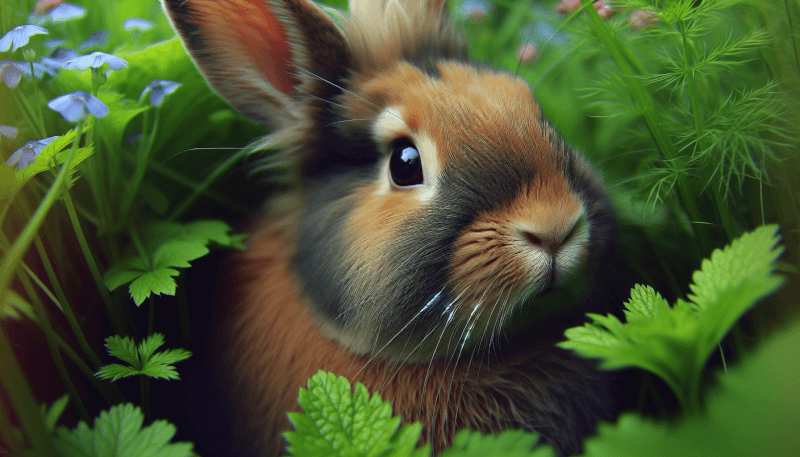
Impact of Age and Health Conditions
Age and health conditions can significantly impact the social needs of social animals.
Effects of Age on Social Needs
As animals age, their social needs may change. Older animals may require less intense social interactions but still benefit from companionship. Considering the individual needs of aging animals and adapting their environment and care accordingly is essential to ensure their well-being.
Health Conditions and Their Implications on Socialization
Certain health conditions or disabilities may limit an animal’s ability to engage in typical social behaviors. In such cases, it is important to consult with a veterinarian or animal behaviorist to develop strategies for providing appropriate socialization while considering the animal’s specific needs. Adjusting the environment, implementing modified social interactions, and incorporating suitable enrichment activities can help address the challenges posed by health conditions.
Consulting Experts
When in doubt or faced with challenges related to socializing your pet, seeking advice from experts can be invaluable.
Seeking Advice from Veterinarians or Animal Behaviorists
Veterinarians and animal behaviorists can provide guidance tailored to your pet’s specific needs. They can assess the animal’s social behaviors, offer insights into appropriate socialization techniques, and address any concerns or challenges you may be facing. Their expertise can help ensure the well-being and happiness of your pet.
Joining Online Communities for Guidance
Joining online communities dedicated to the care of social animals can be a valuable resource. Connecting with fellow pet owners and sharing experiences and advice can provide support and guidance. These communities often offer helpful tips, training techniques, and recommendations for suitable enrichment activities to promote social well-being.
In conclusion, social animals, such as rabbits and guinea pigs, thrive on social interaction and companionship. While it is generally recommended to keep them in suitable pairs or groups, there are situations where a single social animal can be considered. However, the potential risks of loneliness and negative effects on mental health should be carefully considered and mitigated through alternative companionship, human interaction, and enrichment activities. Mixed species pairing and providing adequate space and enrichment opportunities can also fulfill the social needs of these animals. Special considerations should be given to solo social animals, especially regarding increased attention, mental stimulation, and adjustments for age and health conditions. Seeking advice from experts and joining online communities can provide valuable support and guidance in ensuring the social well-being of these wonderful creatures.

